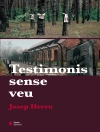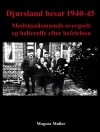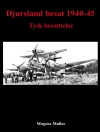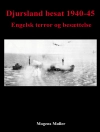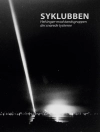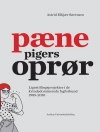‘This is the smoking gun of all your research.’
Professor Richard E. Holmes (18 February 2001).
Birds of Prey is a microhistory of the Nazi occupation of Białowieźa Forest, Poland’s national park. The narrative stretches from Göring’s palatial lifestyle to the common soldier on the ground killing Jews, partisans, and civilians. Based entirely on previously unpublished sources, the book is the synthesis of six areas of research: Hitler’s Luftwaffe, the hunt and environmental history, military geography, Colonialism and Nazi Lebensraum, the Holocaust, and the war in the East. By weaving together a narrative about Hermann Göring, his inner circle, and ordinary soldiers, the book reveals the Nazi ambition to draw together East Prussia, the Bialystok region, and Ukraine into a common eastern frontier of the Greater German state, revealing how the Luftwaffe, the German hunt, and the state forestry were institutional perpetrators of Lebensraum and genocide. Up until now the Luftwaffe had not been identified in specific acts of genocide or placed at large scale killings of Jews, civilians, and partisans. This gap in the historical record had been facilitated by the destruction of the Luftwaffe’s records in 1945. Through a forensic and painstaking process of piecing together scraps of evidence over two decades, and utilizing Geographical Information System software, Philip W. Blood managed to decipher previously obscure reports and expose patterns of Nazi atrocities.
关于作者
Philip W. Blood is an independent historian and writer. BA (Hons) at Lancaster University (Politics, Strategic Studies, and Civil-Military Relations). MBA from Aston University Business School. Ph D at the Royal Military College of Science, Shrivenham, Cranfield University. Lecturer at the Working Men’s Education Association, at Surrey University, and at the RWTH Aachen (Germany). Blood served as Chief Administrator and Senior Fellow with the American Academy in Berlin, under Henry Kissinger and Richard Holbrooke, setting austerity budgets against the effects of the global financial crash. He also worked as historical advisor to the Association of the US Army for seven years before becoming an independent writer.


